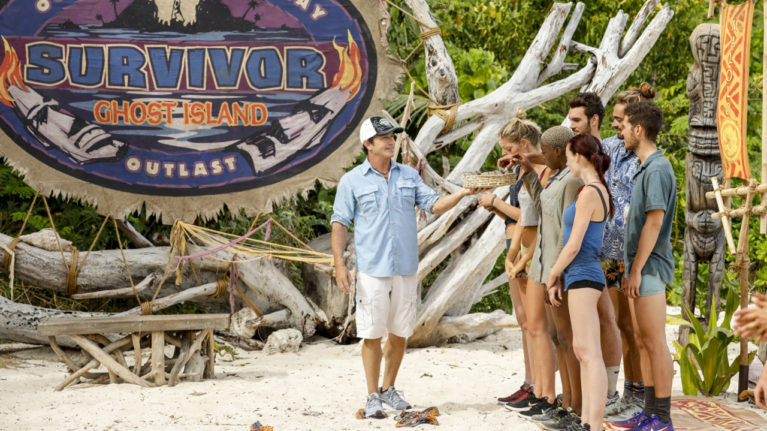Survivor is the show of the 2000s. In the show, 16-20 players are divided into two or three tribes and stranded on an island, competing in challenges for “immunity” from the vote, all while voting each other off of the island over the span of 39 days. The last player remaining wins $1,000,000.
Season 1 of the show premiered on May 31st, 2000, and as soon as it was released, the show completely dominated American pop culture. Even the contestants voted out in 15th or 16th place rose to be pseudo-celebrities, with millions of people mobbing in Times Square on the night of the finale when Richard Hatch won against Kelly Wiglesworth in a 4-3 jury vote, with Hatch, in the show’s vocabulary, becoming the “Sole Survivor”. During the era of 9/11, the show was a beacon of light in American society that had everyone glued to their TV—around 30 million viewers tuned into the airing of season 2, “The Australian Outback”.
The individuals who won in the early seasons tended to be righteous heroes who stayed loyal to their group (more known as an alliance) until the end of the game. Anyone who betrayed their group was chastised, in the game and public life, for having no morals, despite Survivor being a game where contestants can resort to any means to win a million dollars. Jerri Manthey, one of the biggest Survivor characters ever, was nationally hated all over America, merely for having a slightly negative presence on her original season, The Australian Outback. The cultural significance and public presence that Survivor had in the 2000s was unlike any show that followed, and Wednesdays at 8:00 pm became a national holiday.
You’re probably wondering, if this show was so massive, why haven’t I ever watched or even heard of it? Who is Richard Hatch? Who is Sandra Diaz-Twine? Who is Rob Cesternino? These were all insanely popular figures on the shown, known on a first-name basis by the entire country. However, beginning around the 9/11 attacks on the Twin Towers, combined with the show naturally aging, Survivor began to lose viewership over the years. Before 9/11, the winners of the show were seen as heroes and who upheld their morals, but once the attacks of 9/11 occurred, America felt it was ridiculous to call these average people “heroes”. The show began more as a social experiment, revolving around how all kinds of Americans would survive on an island together, but as time progressed, it became extremely strategic, going from a show similar to Bear Grylls’ Man Vs. Wild to a professional game of chess. As time passed, average Americans were much more drawn to the survival aspect of the game than the strategic aspect.

In the present day, Survivor maintains an average viewership of 6.5 million viewers per week, and the show is significantly less of an asset to society than it was around the early 2000s. The community of Survivor has dwindled down to people fascinated with the gameplay and the tactics people will use to win. Viewers are also interested in characters and entertaining people, but prefer “big moves” with various advantages and social manipulation that have been popularized over the years. Morals have been completely thrown out the window, and trying to play with honor is seen as throwing away the game. The game truly is fascinating, but the direction it has taken clearly doesn’t appeal to the majority of people. Nonetheless, Survivor inspired all of the reality TV shows that we know and love today, a fact that the youth of America needs to acknowledge.
For anyone who would like to watch Survivor, season 28, arguably the best season in the show’s history, is being introduced to Netflix on November 15th, and it is worth giving a shot! You may very well find yourself enjoying this fallen angel of a show.

